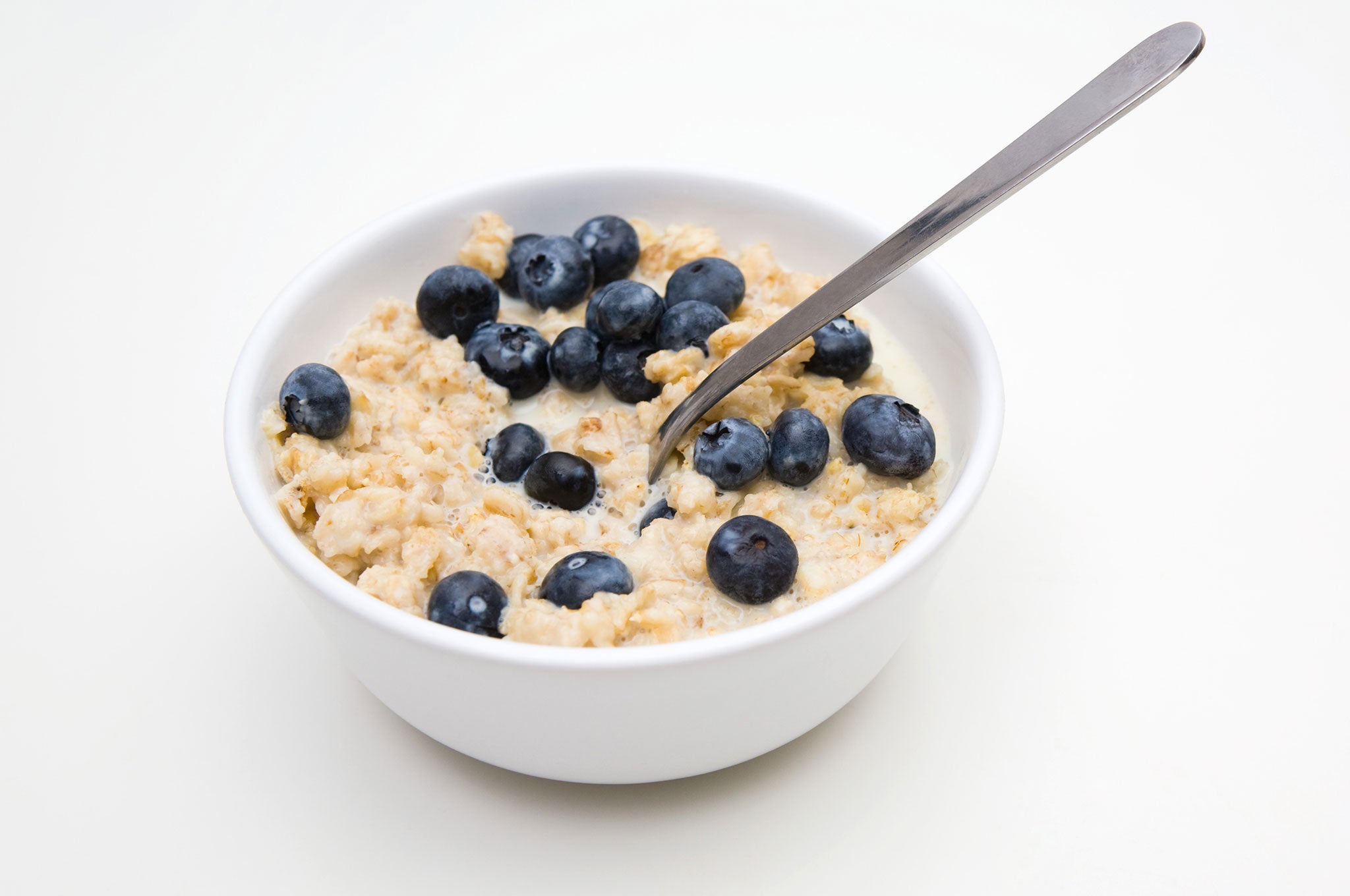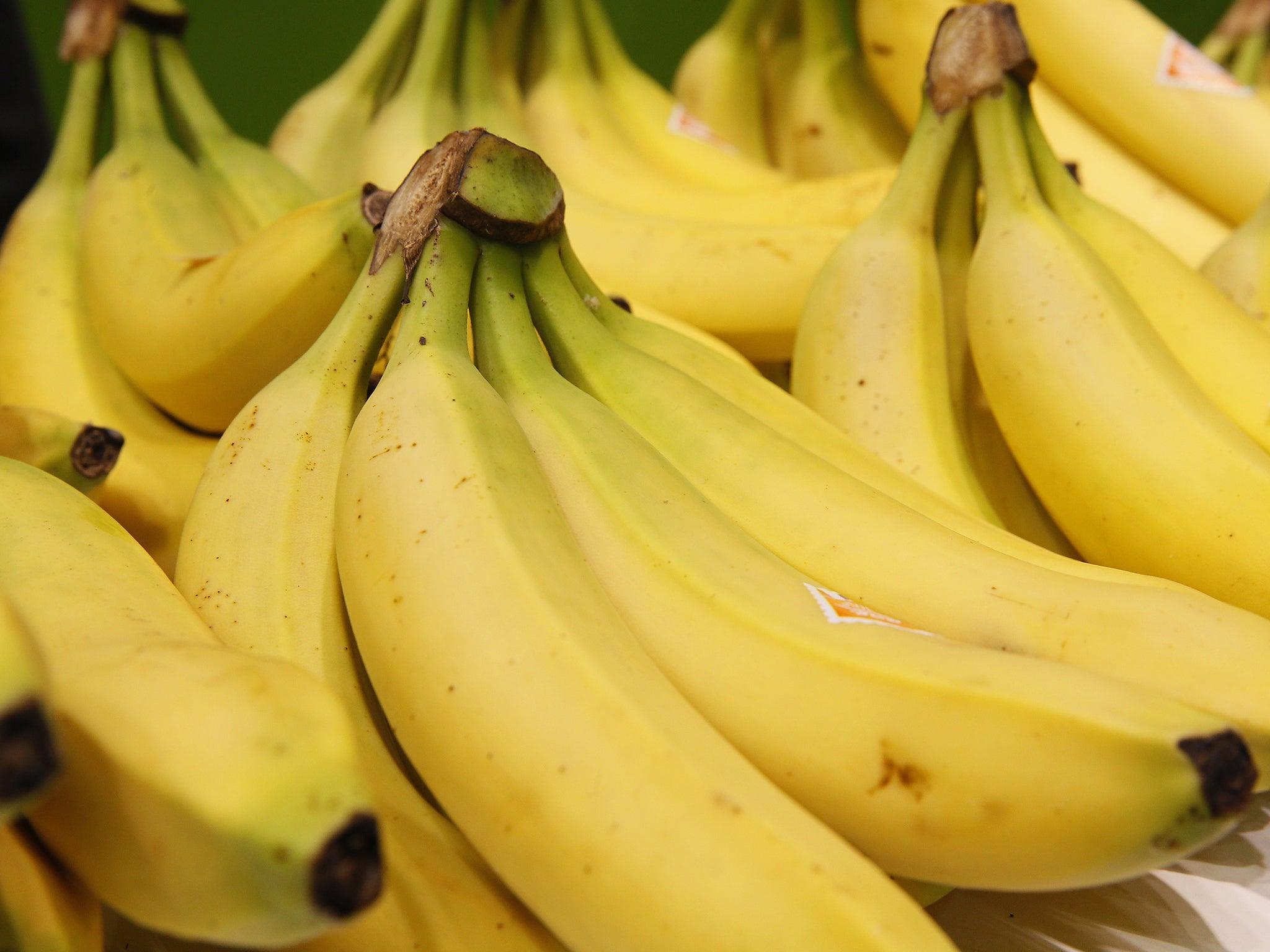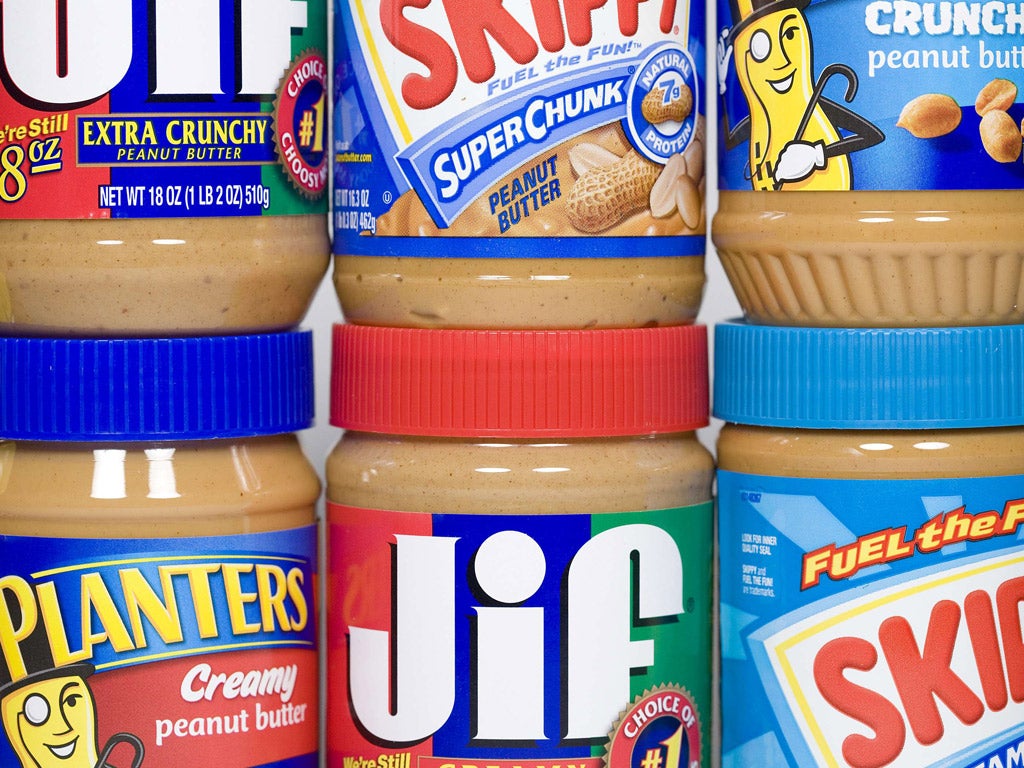How to have a healthy and nutritious breakfast on a student budget
Avoid the fry-up and check out some of these great - and bank balance friendly - options instead

Weetabix, strawberry jam on toast, a full English: we are never short of breakfast options. Consuming breakfast is said to help prevent weight gain while lowering the risk of type 2 diabetes, and also boosts short-term memory, the latter being something students, in particular, can benefit from Skipping breakfast puts you at a higher risk of obesity, according to a study by Harvard School Public Health as it encourages overeating later on.
What we shouldn’t eat is simple: all those fry-ups after a heavy night out may help that regrettable hangover and, although they might be a treat, they aren’t so kind to your waistline - or bank account. According to student dietician Rebecca Webber, the main foods to avoid are fatty, full of salt, and often fried in oil. Bacon, sausages, hash browns, processed cheese, and granola bars are all ill-advised. All the unhealthy stuff aside, though, how do we manage to get all the health benefits while cutting costs?
Here are five options which are easy on the bank balance and a way to start your morning sunny side up:
1) Go bananas

Full of potassium and energy, bananas keep you fuller for longer and, if time is short, are a convenient alternative to a rumbling stomach and limited brain power during early morning lectures. Homemade pancakes - a cheap, nutritious breakfast - are filling and affordable as well. Adding a banana to the mix means more brain fuel and an easy way of getting one of your five-a-day.
2) Get your toast nutty

Spreading peanut butter on toast is a great way to get a portion of protein while increasing brain function, making your 9am lecture a lot easier to stomach. This option provides eight-grams of protein, around 20 per cent of your daily recommended amount.
Consuming protein at every meal helps regulate blood sugar levels, and picking wholemeal or seeded bread makes life in the morning even more nutritious. Overall, a quick, cheap option, especially if you’re running late.
3) Whiz it up

A smoothie is an easy, on-the-go breakfast, with the base of yoghurt to provide protein and added fruit for vitamins. Blending fresh fruit every morning can be pricey, a luxury for the majority of students. Using frozen or reduced price fruits or vegetables in a breakfast smoothie provides two to three portions of your five-a-day on budget, the answer to all smoothie problems.
4) Stick to what you know

Bursting with wholegrain goodness and fibre, the simple cereal option is always a good shout. Muesli and oat-based cereals with low sugar contents are a better choice and can be bought cheaply at any supermarket. Breakfast is the easiest time to get in heart-healthy fibre, including whole grain cereal as well as oats which can help lower blood pressure and cholesterol.
5) A breakfast classic

The oaty breakfast favourite, porridge, is always a healthy option. Mixing up this classic with cinnamon and ginger can add flavour, is good for fighting freshers’ flu, and it also helps decrease the risk of heart disease and diabetes. Making it from scratch instead of buying readymade packets also lowers the sugar content and ensures your breakfast is as healthy as possible. Adding dried or frozen fruit makes it even more nutritious.
So, there you have it. Skipping breakfast isn’t the cheap option. It may seem like you’re saving money, however, you’re actually more likely to be hungry later on in the day, resulting in more expensive and unhealthy snacking.
Overall, students who eat breakfast have better short-term memory, are less tired, and are in a better mood than those who don’t - all factors promoting better results. So, by eating a healthy breakfast, even on a budget, you can set yourself up for success.
Twitter: @SophieVictoriaR
Sophie Victoria Rowe is a freelance journalist and writer. She is currently studying creative writing in Bath
Join our commenting forum
Join thought-provoking conversations, follow other Independent readers and see their replies
Comments
Bookmark popover
Removed from bookmarks